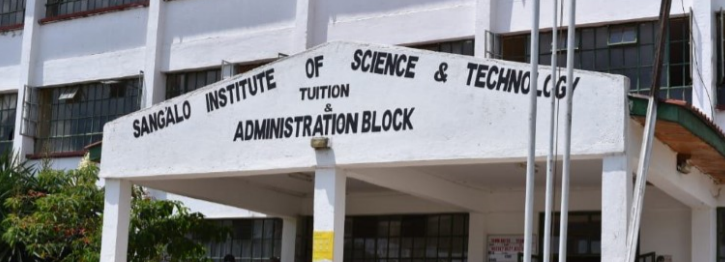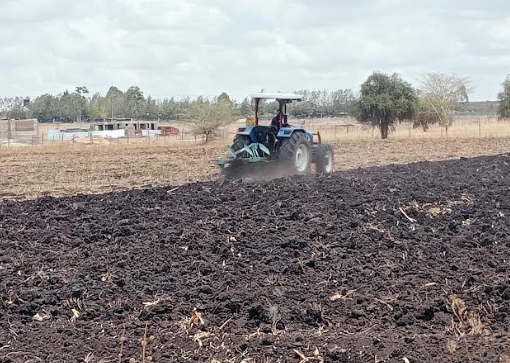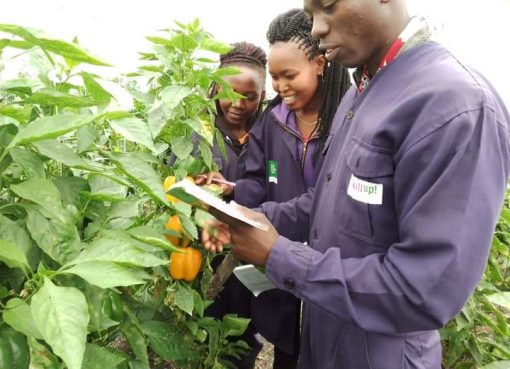Plans are underway to elevate Sang’alo Institute of Science and Technology into a national polytechnic by the Ministry of Education after meeting the necessary requirements.
Some National polytechnics in the country include Kisumu, Kabete, Meru, Mombasa, Nyeri, Kisii, Sigalagala, North Eastern and Kitale among others.

Speaking to press in her Office, the institute’s principal Loice Kuti said the management has put measures in place to elevate Sang’alo to a national Polytechnic so that it can serve more students and impact them with required skills. Kuti said that the government has embarked on a rebranding campaign to change residents’ mindsets about Technical training institutes, saying that there has been a lot of stigma on the people who used to take courses in these institutes in the past.
She said in order to attain Kenya vision 2030 and the big four agenda; housing, healthcare, manufacturing and food security in the country, the government now prefers technical courses which are hands on which are offered in Vocational training centres and technical training institutes.
She further said that Sang’alo Institute of Science and Technology (SIST) is a public institute situated in Bungoma County, seven kilometres from Bungoma town. The Institute which was established in 1977 has more than 500 acres of land that is adequate for it to be expanded to a national polytechnic.
The principal added that with an enrollment of 4,900 students before the outbreak of Covid-19 pandemic, the institution began by offering purely agricultural courses but later started offering other Technical and Business courses.
She affirmed that Sang’alo Institute promotes a cooperative, positive and safe learning environment which ensures that the education of each student is the heart of the institutes’ operation.
She added that the institute has advanced plans with GIZ Kenya to train youths in short courses, such as apiculture to give them knowledge in scientific bee keeping, whereby bees will be bred commercially in apiaries in places where there are sufficient bee pastures to produce honey the most valuable nutritional food and wax.
She added that the institute has ten beehives which will be increased with time so that youths can be taught modern apiculture skills.
“Through partnerships with the community, the Institute enables students to become responsible citizens who are productive members of the community,’’ she noted.
She noted that bees wax is used in the cosmetic and medical industry because it has medical value, it is also used in making candles, preparing shoe polish, furniture, coating for cheeses and as food additive.
“We have not operated at full capacity for we have 3,600 students right now. We have been forced to buy tents and these challenges have an expenditure which was not planned for as well as a change of culture, which is not easy to adjust to due to the outbreak of Covid-19,’’ she said.
Other programmes that the institutes offer include; dairy farming, rabbit keeping, poultry and intensive maize farming.
By Maureen Imbayi





